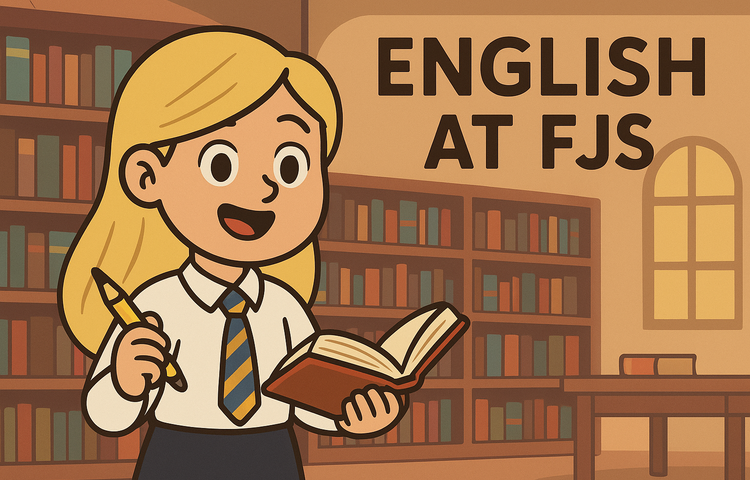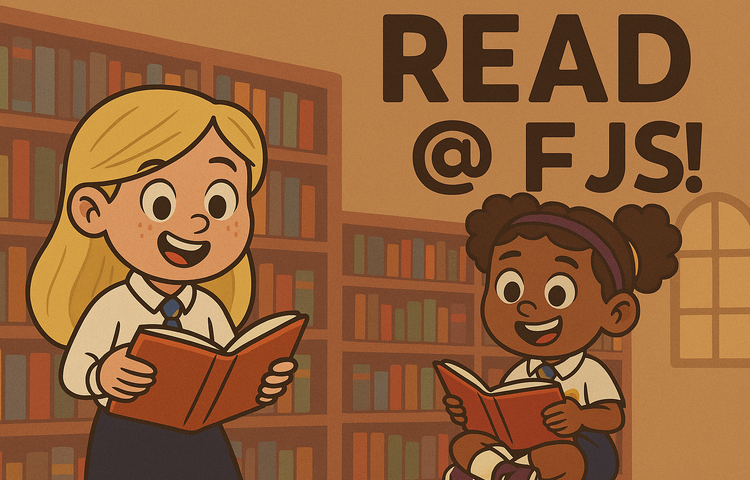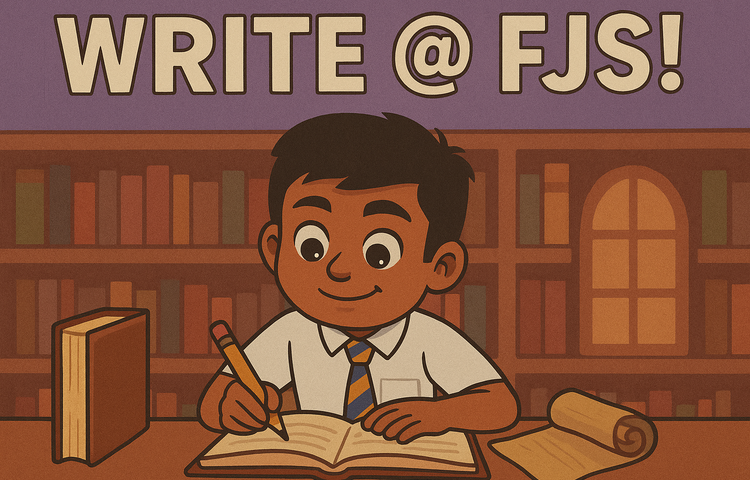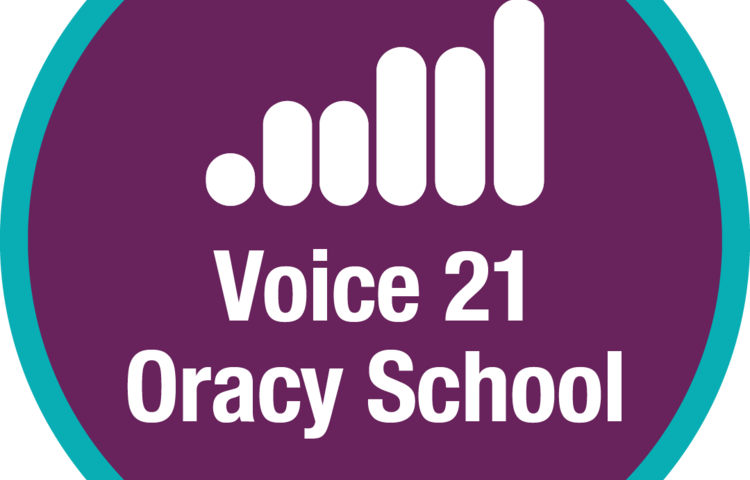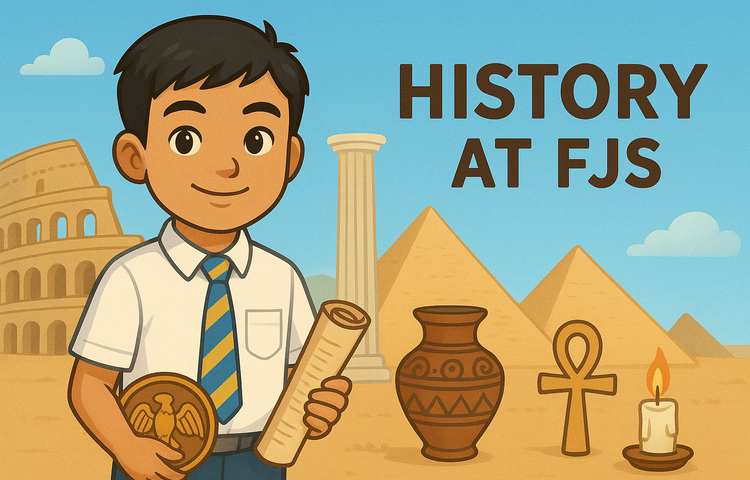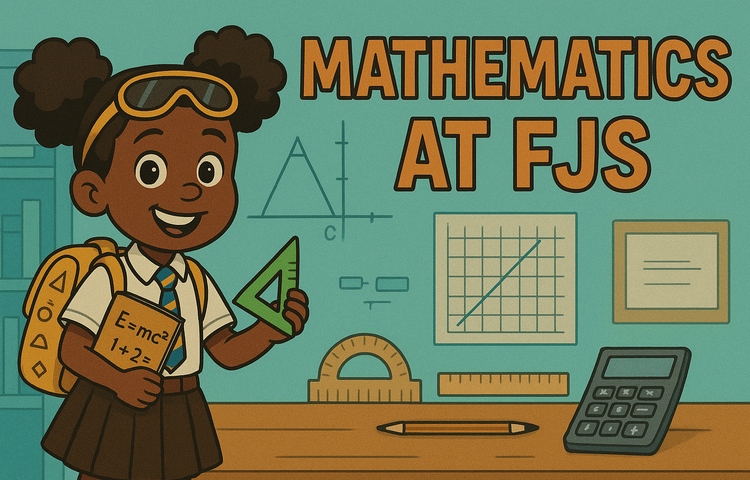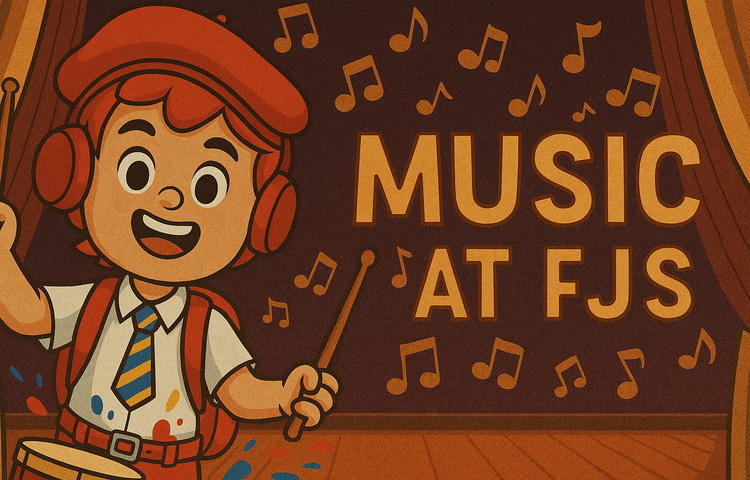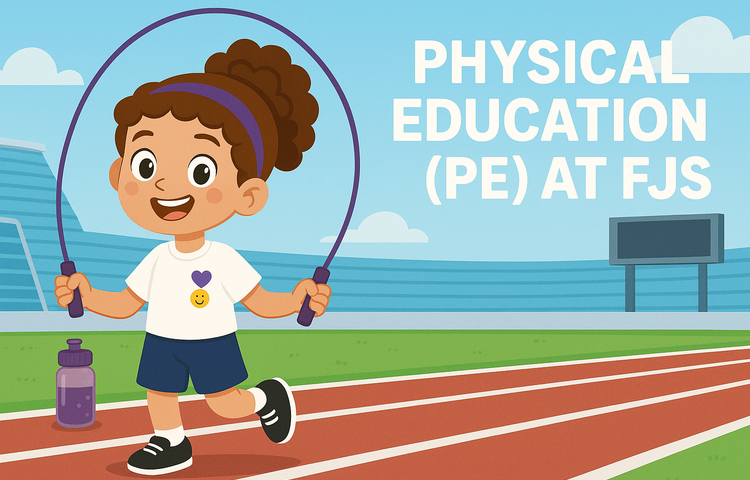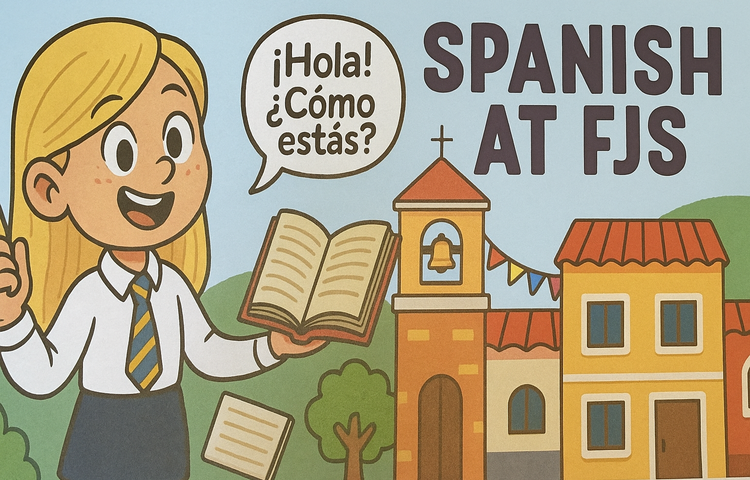OUR PROUD CURRICULUM

INTENT
At Forefield Junior School we are developing skilled readers, confident writers, mathematicians, scientists, historians, geographers, musicians, artists, linguists, theologists, athletes, digital leaders, designers and technologists. Our whole school community is PROUD to be Forefield – a school that is built on passion and respect, where opportunities can be seized by unique and determined learners.
We are committed to shaping and developing our curriculum so that our children are supported in their academic, social and cultural capital. Our curriculum promotes the highest of standards in every aspect of school life - it is ambitious and empowers our children to become independent and resilient, with a belief that everyone has limitless potential.
We strive for academic excellence and want our children to have high aspirations to achieve their best, throughout their lives. As a family we share each other’s successes and take pride in them. We want to equip them with more than the minimum statutory requirements of the National Curriculum – providing inspirational opportunities to fuel a passion for learning and a sense of pride in all we do. We want our children to know the culture and heritage of our locality and use the vibrancy of Liverpool to learn from other cultures, respect diversity, co-operate with one another and appreciate what they have on their doorstep as well as the wider world.
We achieve this by providing a strong SMSC curriculum, with our PROUD Values placed at the heart of everything we do - intrinsically linked to British Values. We enrich their time in our school with memorable, unforgettable experiences and provide opportunities in every year group. We know that it is not just about what happens in the classroom, it is about the added value we offer to really allow them to express themselves and grow in confidence. We feel so strongly about this that we set out this commitment in our ‘Pupil Guarantee.’
IMPLEMENTATION
Our curriculum has been carefully built over time and recent changes will be monitored and then developed further to ensure we continue to evolve and respond to the ever-changing world our children inhabit.
The learning opportunities and assessment criteria for each year group are set out to ensure progression and repetition in terms of embedding key learning, knowledge and skills. Subject leaders have developed key objectives and vocabulary for their subjects, which we expect the children to demonstrate in each discrete subject area. The use of pre-learning tasks baseline the existing knowledge of children at the start of a new topic enabling teachers to provide an individual response to their class, led by the pupils themselves. The purpose of the learning is made explicit through shared ‘Can I..?’ objectives, the use of WAGOLLs (What A Good One Looks Like) the effective use of questioning and modelling by the teacher. The classroom environment and other display areas provide a common language for staff and pupils. Our focus on reading is evident from the comfortable reading areas in every classroom and the well-stocked central library.
We have five school values which permeate all aspects of life at FJS, centred around the acronym: PROUD. Each week, these values are reinforced through assemblies and the day-to-day language of the classroom. Whilst we empower our staff to organise their curriculum as they see fit to best suit the needs of the pupils in their care, we work closely to ensure that Subject Leaders have oversight of their subject and all of our facilities and resources are maximised. Our Computer Suite, iPads, Dance Studio, Hall, Maths Room, The Café, Learning Garden and The Happy Hub as well as our large outdoor spaces are allocated equitably to benefit everyone.
Staff develop year group specific long-term curriculum maps which identify when the different subjects and topics will be taught across the academic year. Although subjects are taught discretely, staff make meaningful links across subjects to deepen children’s learning. Our short-term plans are produced collaboratively and set out the learning objectives for each lesson, identifying engaging activities and resources which will be used to achieve them.
IMPACT
We use both formative and summative assessment information every day, in every lesson. Staff use this information to inform their short-term planning and short-term interventions – including in the foundation subjects. This helps us provide the best possible support for all of our pupils, including the more-able. Subject leaders have mapped out the key objectives for each year group in each subject area. Our staff assess what the children know as the topic progresses and complete post-learning tasks. Three-form entry enables us to make comparisons across cohorts and we engage in moderation within school and with partner schools. Termly NFER tests and online maths assessments help to reinforce teacher judgments.
Assessment information is analysed by Subject Leads, the Assessment Lead and Headteacher as part of our monitoring cycle. Pupil progress reviews are conducted termly to provide the SLT and Governors with an accurate and comprehensive understanding of the quality of education in our school. Monitoring for all year groups is undertaken in all subject areas. Monitoring includes: scrutinising books, lesson observations and/or learning walks, pupil/parent and/or staff voice. All of this information is gathered and reviewed. It is used to inform further curriculum developments and provision is adapted accordingly.




